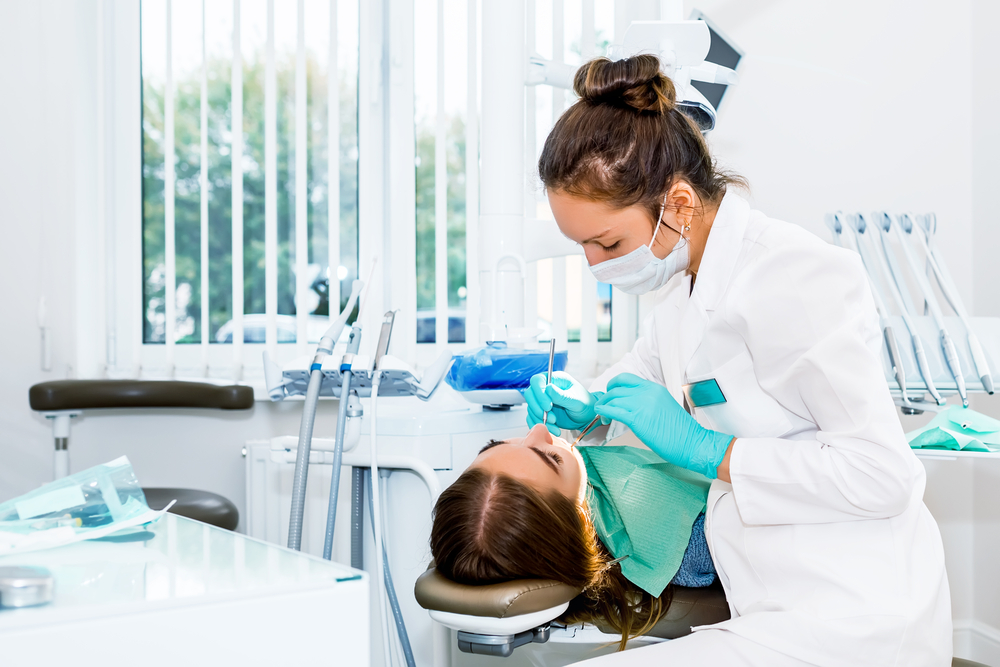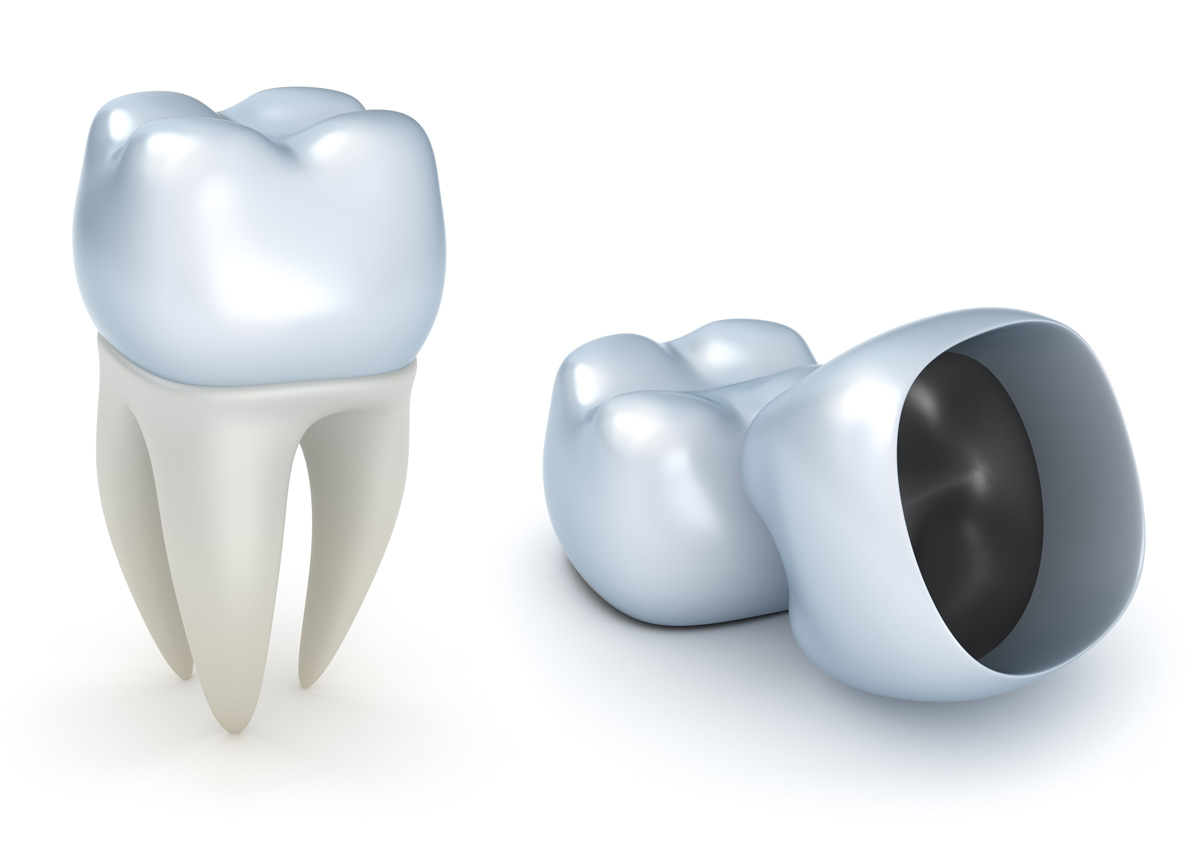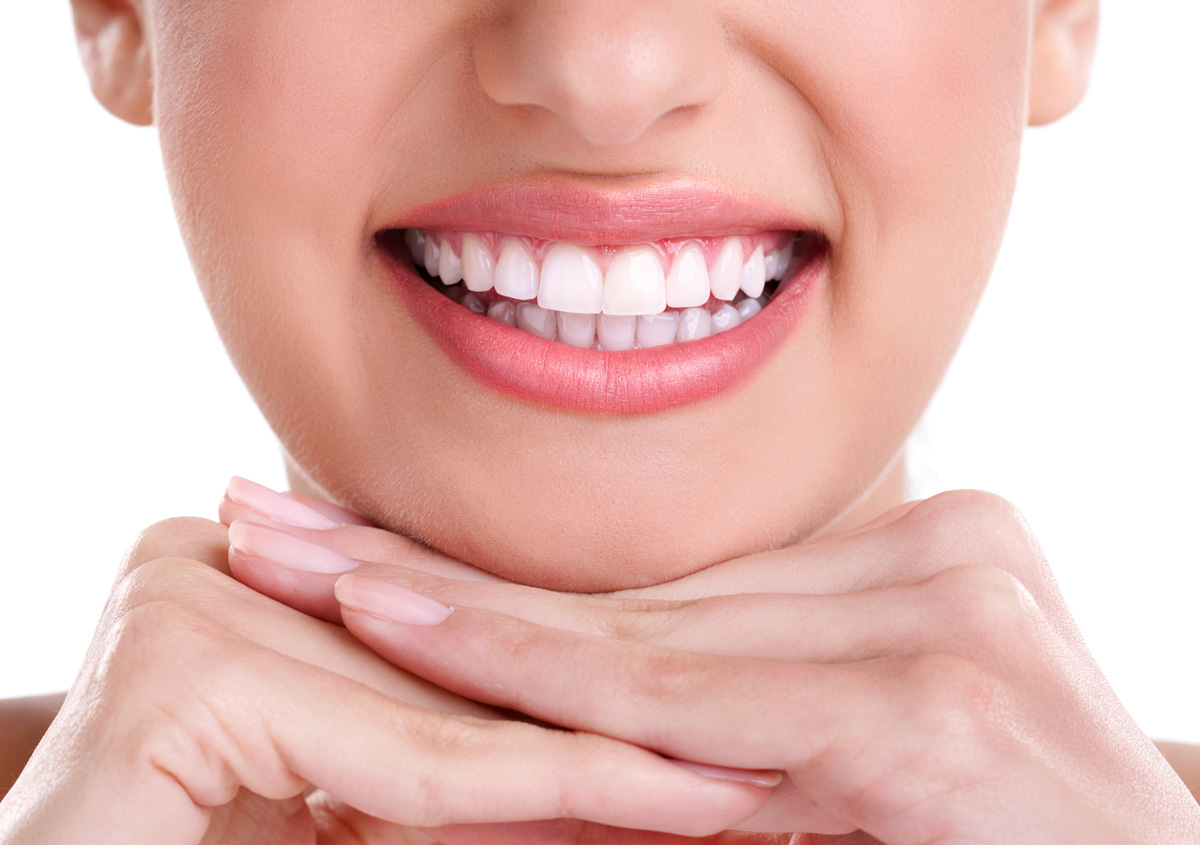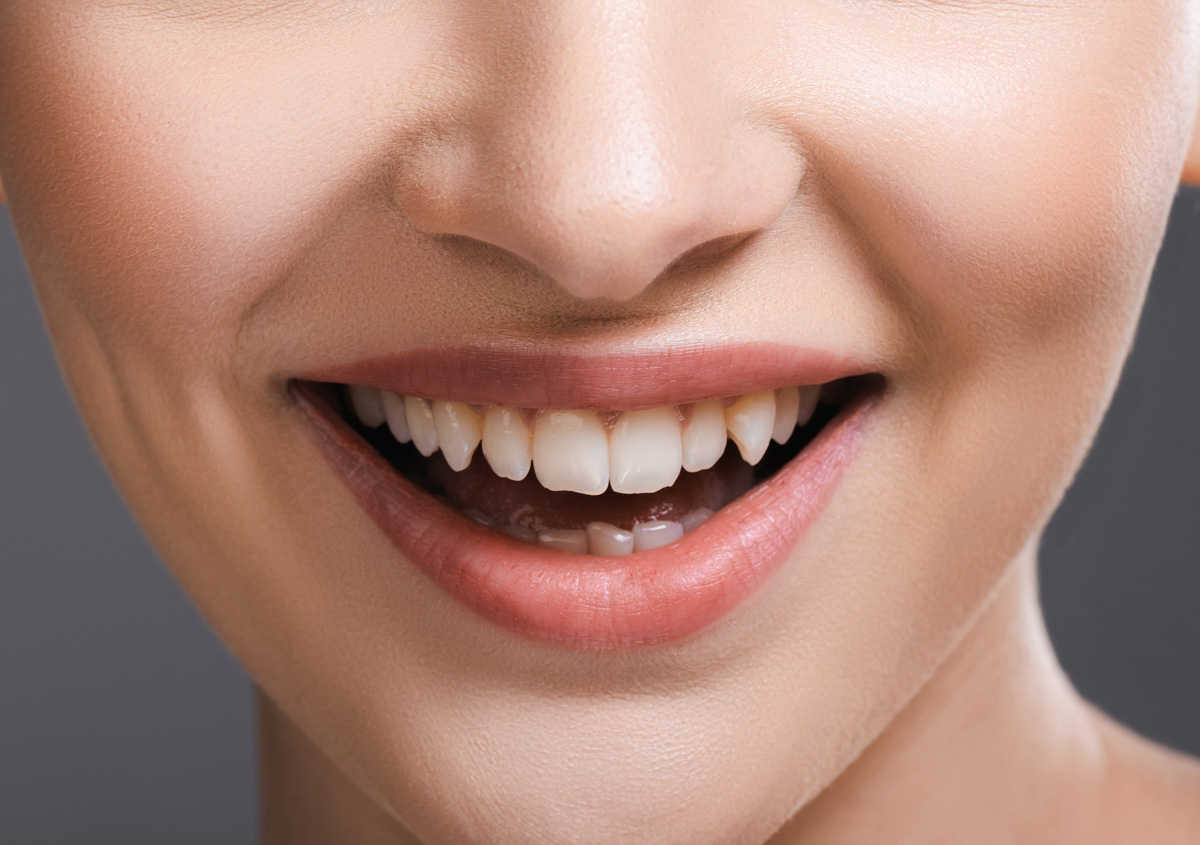Keep Your Smile Beautiful and Healthy With Our West Chester Dentist
A beautiful, healthy smile can do wonders for your self-confidence and oral health. By keeping up with routine dental cleanings, our West Chester family dentist, Dr. Ron Briglia, can help ensure that your oral health is in pristine condition and help you prevent cavities, gum disease, and other dental problems.
See why maintaining dental cleaning appointments twice a year will ensure that you achieve pristine dental hygiene and a beautiful smile for years with our comprehensive guide. Contact Briglia Dental Group today at (610) 615 0160 if you’re a new patient or (610) 692 4440 if you’re an existing patient to schedule your appointment. Our dentist, Dr. Briglia, is happily welcoming new patients.
What Are Dental Cleanings?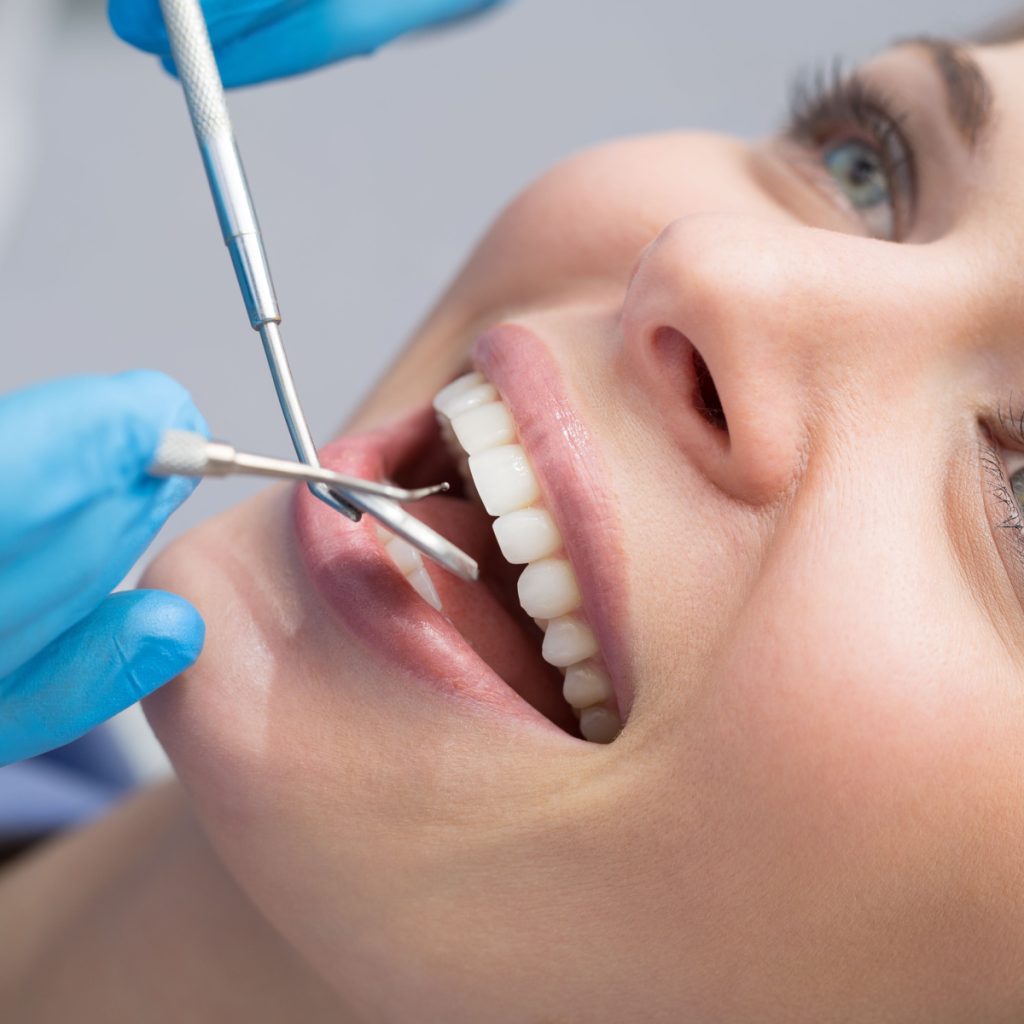
Dental cleanings, also known as prophylaxis, are routine procedures done by dental professionals to remove plaque and tartar buildup from your teeth. By visiting your general dentist twice a year for dental cleanings, you can keep your smile sparkling and prevent oral health problems from arising. Maintaining optimal oral health is an essential part of preventing gum disease and tooth decay.
During a dental cleaning appointment in West Chester, other services, such as oral examinations, are also performed. These aid in detecting any signs of dental problems and when done twice a year, can catch problems early on and allow for successful, less invasive treatments. Your dentist may also provide you with a fluoride treatment, helping to protect your teeth from unwanted cavities and other issues.
Benefits of Regular Professional Dental Cleanings
Keeping up with professional dental cleanings offers several benefits, including:
- Preventing Tooth Decay and Gum Disease: Dental cleanings remove plaque and tartar buildup, which can lead to tooth decay and gum disease. By professionally removing these harmful substances, dental cleanings can help prevent cavities, gum inflammation, and even tooth loss
- Freshening Breath: Bad breath can be caused by a buildup of bacteria in the mouth. Dental cleanings remove this bacteria, leaving your mouth feeling fresh and clean
- Detecting Oral Health Issues Early: During a dental cleaning, the dentist or hygienist will examine your mouth for any signs of oral health issues, such as cavities, gum disease, or oral cancer. Catching these issues early can prevent them from becoming more serious
- Improving Overall Health: Poor oral health has been linked to several systemic health issues, including heart disease, stroke, and diabetes. The bacteria in plaque (Porphyromonas gingivalis) can also travel to the brain and contribute to diseases such as dementia and Alzheimer’s, making regular dental cleanings even more vital.
Types of Dental Cleanings
There are several types of dental cleanings. Depending on your dental health, our dentist will recommend the best dental cleaning for you.
Routine Dental Cleanings
Routine dental cleanings are the most common and are recommended for those with good oral health. During a regular dental cleaning, our dentist or dental hygienists will remove plaque and tartar buildup on the surface of your teeth. It’s a quick process that shouldn’t take longer than one hour.
This type of cleaning is typically done twice a year as part of routine dental health care.
Scaling and Root Planing
Scaling and root planing, also known as deep cleanings, is recommended for those with moderate to severe gum disease. During a scaling and root planing treatment, our dentist will remove plaque and tartar buildup from below the gum line. They’ll also smooth out the roots of your teeth to prevent future buildup.
In many cases, one or two sessions of scaling and root planing can reverse the effects of gum disease and prevent it from progressing into further stages.
Periodontal Maintenance
A periodontal maintenance cleaning is done after scaling and root planing to maintain the health of the gums. During periodontal maintenance, our dentist will remove any plaque and tartar that has accumulated since your last deep cleaning. This type of cleaning is typically done every three to four months for patients with gum disease.
Gross Debridement
Gross debridement cleaning isn’t your typical dental cleaning. It’s done to remove plaque and tartar that’s built up too excessively for routine teeth cleaning. This type of dental cleaning is necessary when there’s so much buildup, making it difficult for the dentist to perform a thorough oral examination. The gums may be swollen, and the buildup must be removed before a prophylaxis or dental exam can be completed.
Who Needs Dental Cleanings?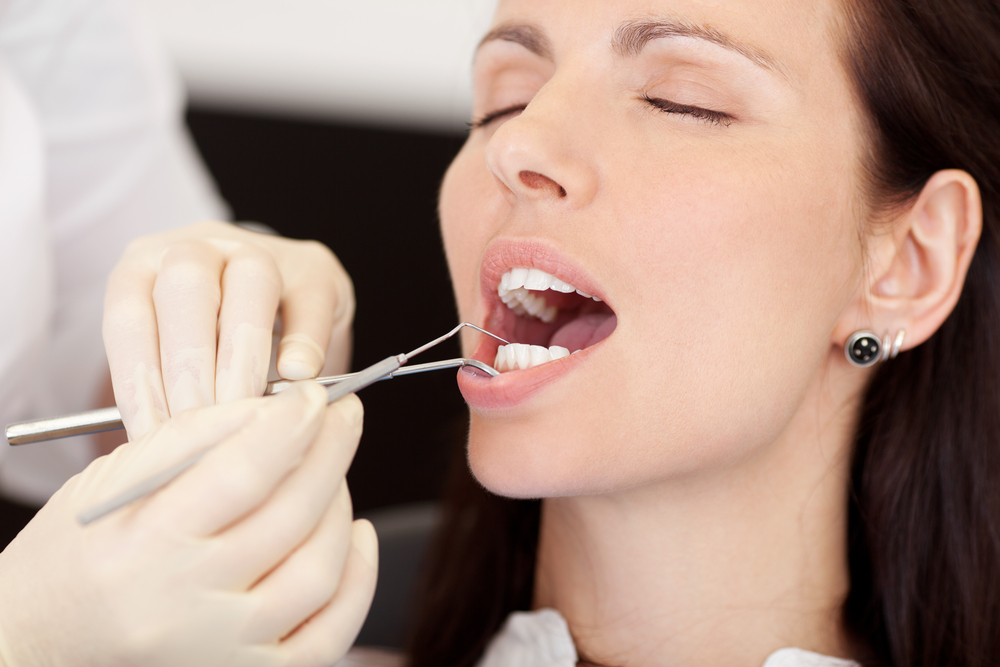
Everyone should receive a professional dental cleaning at least twice a year, even if they have good oral hygiene habits. Even if you brush and floss your teeth well, some areas are hard to clean properly at home. Those areas will often accumulate plaque and tartar and it should be removed as soon as possible.
Those with underlying dental issues or a history of gum disease may require more frequent teeth cleanings. Our West Chester dentist will inform you how often you should come in for routine dental cleanings.
Dental Cleaning Costs
On average, a dental cleaning will cost around $125. However, the costs of your dental cleaning will fluctuate depending on certain factors, including:
- Your location: The cost of dental care is generally higher in urban areas than in rural areas.
- The type of dental cleaning: A routine cleaning is less expensive than a deep cleaning, which is necessary for people with gum disease.
- The experience and training of the dentist: More experienced dentists typically charge more than less experienced dentists.
- Your dental insurance: If you have dental insurance, your insurance may cover a portion of the cost of a dental cleaning.
Contact our West Chester dental team today by calling (610) 615 0160 if you’re a new patient or (610) 692 4440 if you’re an existing patient, and learn more.
Preventive Measures and Home Care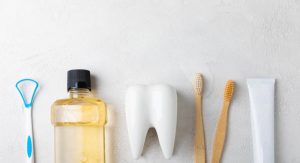
Proper Brushing Technique
Brush your teeth at least twice a day using fluoride toothpaste. Hold your toothbrush at a 45-degree angle to your gums and use gentle, circular motions to clean the outer, inner, and chewing surfaces of your teeth. Don’t forget to brush your tongue to remove bacteria and freshen your breath.
Flossing Regularly
Floss once a day to remove food particles and plaque from between your teeth and along the gumline. Gently curve the floss around each tooth and slide it up and down to clean both sides. This helps prevent cavities and gum irritation.
Using Mouthwash
Incorporate an antimicrobial or fluoride mouthwash into your routine for improved oral health and wellness. Swishing with mouthwash after brushing and flossing can help kill bacteria and strengthen tooth enamel. Consult your dentist for recommendations on the best type of mouthwash for your needs.
Balanced Diet for Oral Health
Consume a diet rich in fruits, vegetables, lean proteins, and whole grains. Avoid excessive sugary snacks and beverages, as they contribute to tooth decay. Foods high in calcium, such as dairy products, help strengthen teeth, while crunchy fruits and vegetables can naturally clean your teeth as you chew.
Limiting Acidic Foods and Drinks
Acidic foods and drinks, like citrus fruits and soda, can erode tooth enamel over time. Consume them in moderation and rinse your mouth with water afterward to minimize their effects.
Hydrate with Water
Drinking water throughout the day helps flush away food particles and bacteria, promoting a healthier mouth. Opt for fluoridated water, as fluoride strengthens enamel and helps prevent cavities.
Avoid Tobacco Products
Refrain from using tobacco products, as they significantly increase the risk of gum disease, tooth decay, and oral cancers. Quitting tobacco not only benefits your oral health but also your overall well-being.
Replace Your Toothbrush
Change your toothbrush or toothbrush head every three to four months or sooner if the bristles are frayed. A worn-out toothbrush is less effective at cleaning your teeth.
Protect Teeth During Sports
If you play contact sports, wear a mouthguard to shield your teeth from potential injuries. Custom-fit mouthguards offer the best protection.
Frequently Asked Questions


